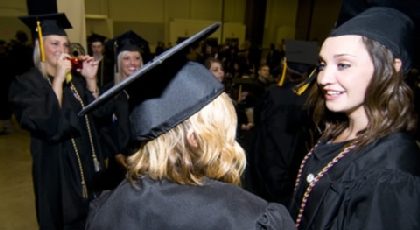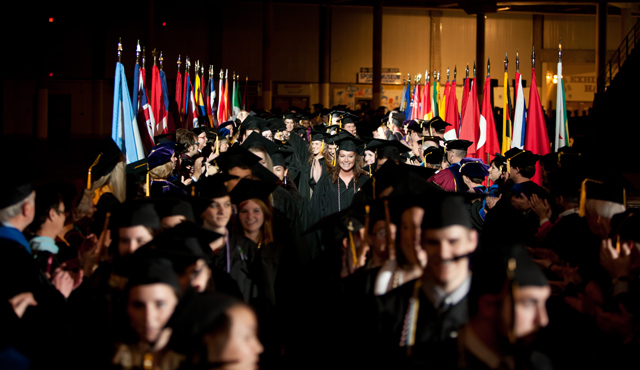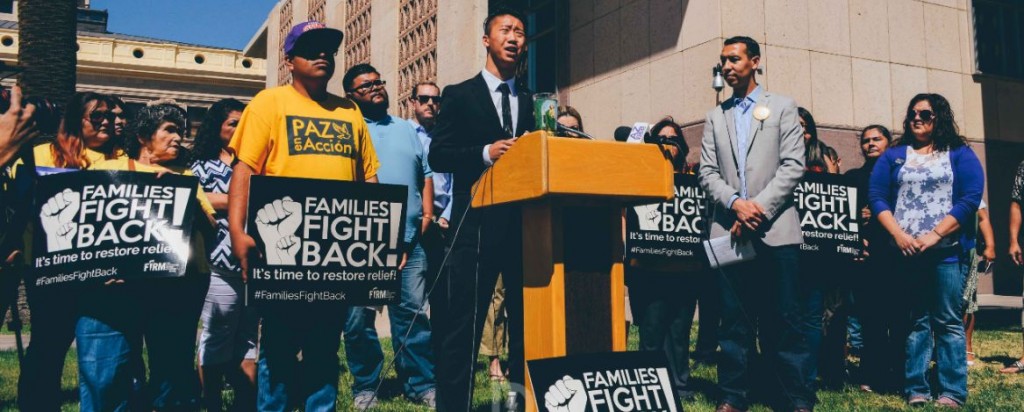Page 74 • (755 results in 0.079 seconds)
-
, the library has online films and journal articles and links to other content. Below is the virtual exhibit with links to resources. Website Critical Refugee Studies Collective. (n.d.) Critical Research, Teaching, and Public Initiatives on Refugees. https://criticalrefugeestudies.com/ Refugees have long been the objects of inquiry for fields such as sociology, history, and political science. Refugees are also often featured in the media serving as objects of suffering or agents of terrorism. The
-

success to the opportunities PLU has provided me. What’s next? I am currently seeking weekly and daily newspaper jobs in the greater Pacific Northwest region. I have a passion for community journalism, and hope to connect with people by telling their stories through whatever outlet I am given the opportunity to use. I hope to eventually go back to school after gaining some practical experience and get a masters in education and teach media literacy and journalism in local public schools. Lauren
-

survivors, he said at the Lemkin Lecture. (Photo by John Froschauer) that began in the 1980s and in the 1990s, he said. The Cold War had to end, Germany’s economy had to revive, and the class action lawsuit had to gain clout in US courts. Finally, the view of the war had to change for survivors or their heirs to gain traction is the public eye as well as in the legal system. This holds true for getting a monetary settlement, as well as regaining lost art treasures, Hayes said. And in terms of art, the
-

Nursing’s new Clinical Learning and Simulation Center. Located on the corner of Garfield Street and Pacific Avenue in the building that formerly housed the PLU bookstore, the 16,000-square-foot center will help PLU respond to a critical public need, as Washington state is facing a drastic shortage of nurses. There is a growing demand for bachelor- and graduate degree-prepared nurses fluent in both technology and leadership to address the complex and rapidly changing healthcare environment. PLU is known
-

Renewable Energy Lab (NREL) so I will have the opportunity to work with staff scientists from NREL as well as use the facilities. The Ph.D. program will take 5-6 years to complete and following the completion of my degree I plan to either enter a teaching position or work in public policy relating to renewable energy. Caitlin Walton – Bachelor of Arts in elementary education Caitlin Walton ’12 is from Colorado Springs, Colo. Why PLU? My decision to come to PLU is both eclectic and similar to many
-

, Melody Ferguson worked 40 hours a week to help pay her way through the University of Washington – 20 hours at the academic advising office, plus 20 hours off-campus in the Seattle Supersonics’ media relations office. Now, in her role as PLU associate dean of admission, she still feels the weight of her heartstrings when students from her old neighborhood receive the support they need to attend PLU. “I’m passionate about working here because we value serving our regional community,” she says. “Of
-

students do too. We’re able to give excellent theatre education without trapping or abandoning our students. Tell us a few fun experiences, professional or personal, that you’ve had since you began teaching at PLU. One of my students came to observe me while I was doing a lighting design at the Moore Theatre in Seattle. I loved hearing her perspective on the collaboration she witnessed. Recently I did lighting designs at Taproot Theatre Company and the Seattle Public Theatre and both times the
-
future holds for us in medicine, but I think it’s safe to say that we will always miss the great experience that we’ve had at PLU. McGuinness: I am in the process of applying to medical school right now. I have a passion for international public health, and hope to one day bring high quality healthcare to those most in need in our world. With strong aspirations to impact the global community, I wanted to be involved in Progress from the get go to make sure I can also give back to the community that
-

away,” Juliano said. Another focus of the task force was to start trainings and workshops for faculty and staff. One result was public posters tacked in office windows across campus, showing commitment to work with and support undocumented students. “Attendees to the trainings got to learn about terminology, things to do and not to do, hear the stories from the undocumented students themselves and how difficult things are,” said Tamara Williams, director of the Wang Center and professor of Hispanic
-

, research and other resources was challenging. Epilepsy is the fourth most common neurological disorder, according to the Epilepsy Foundation. The chronic disorder, which is characterized by unpredictable and unprovoked seizures, doesn’t frequently lead to death. Still, it can cause other health problems — and public perception and treatment of people with epilepsy often create bigger problems than the actual seizures. "I am from a strong link of three. From a chain that continues to grow
Do you have any feedback for us? If so, feel free to use our Feedback Form.


